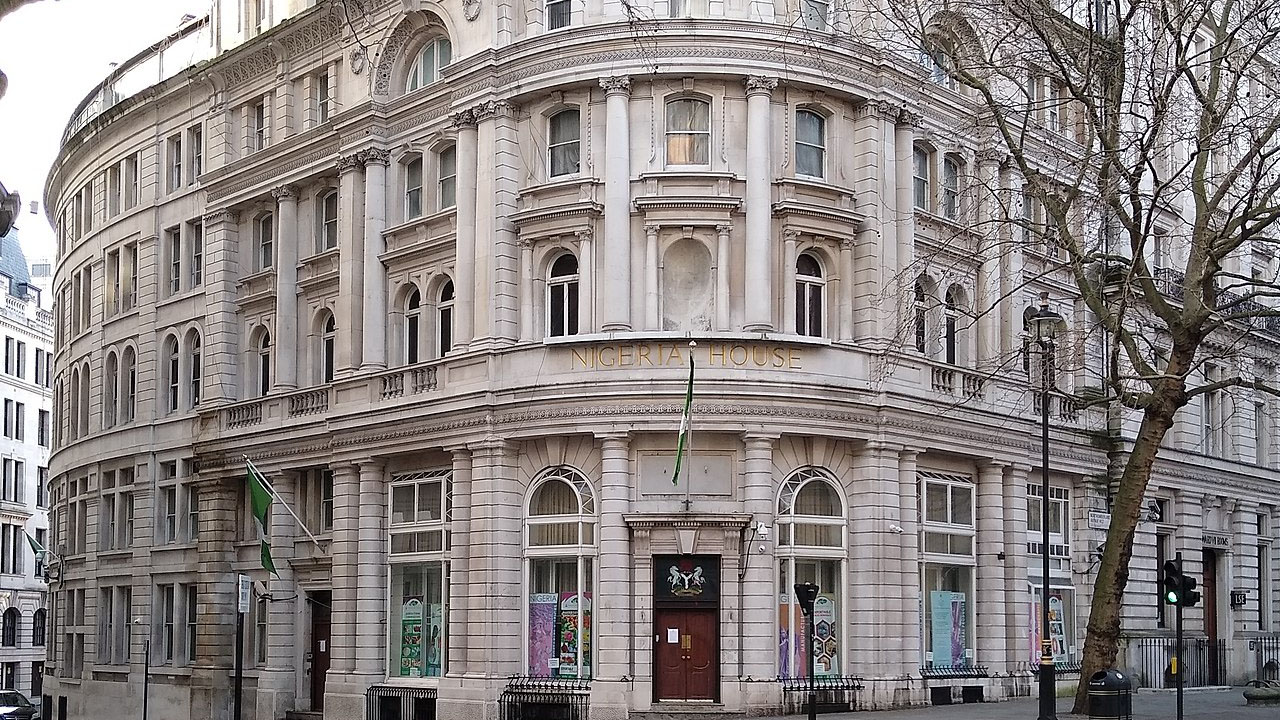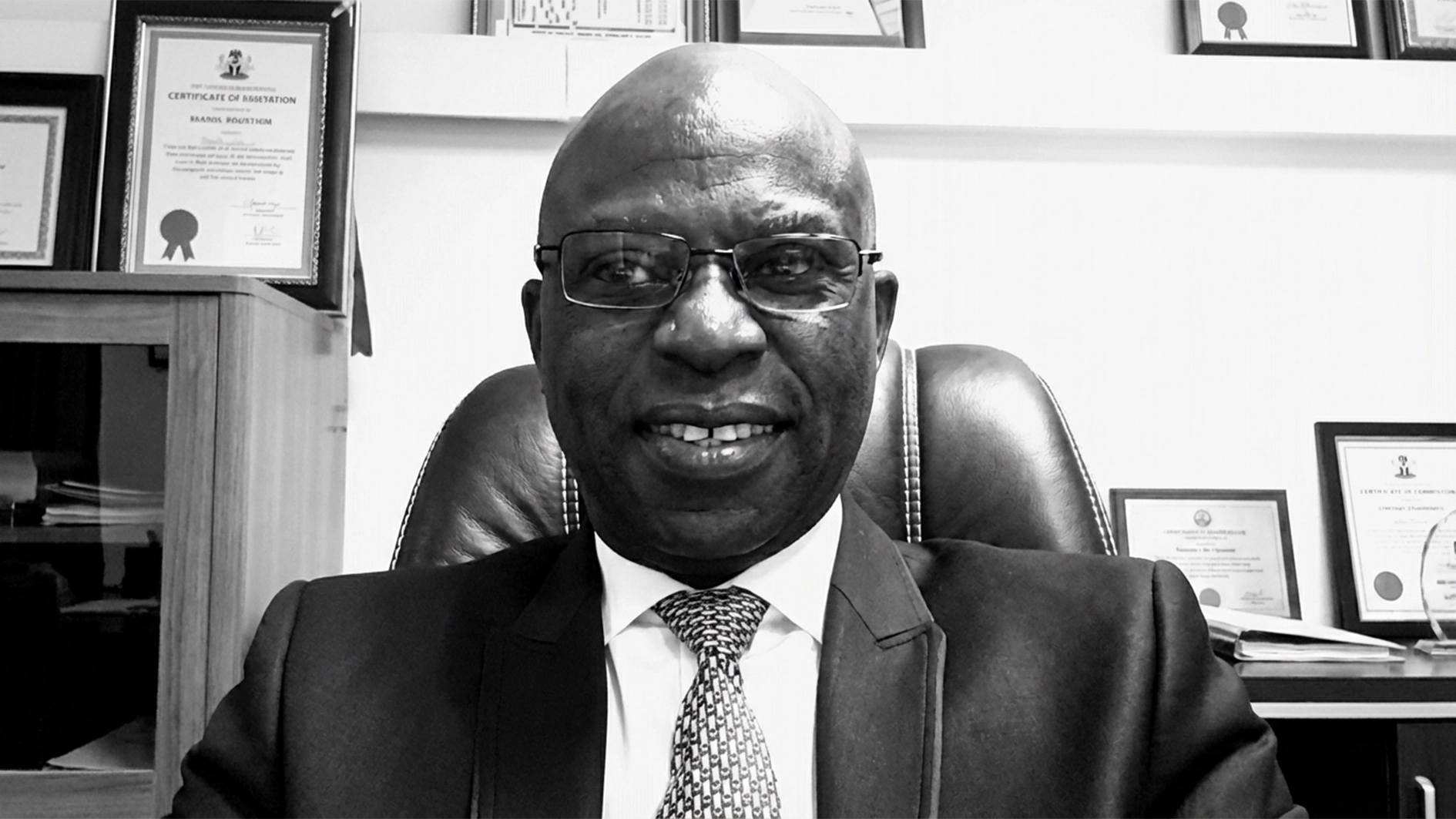
It is a statutory administrative fee, NiDCOM, NIS say
Nigerian passport applicants in the United Kingdom are miffed over the mandatory £20 (about N40,000) postal order charge that accompanies each application at the Nigerian Immigration Service (NIS) office in London.
In the case of a lost passport, the mandatory postal order is £150 (about N300,000) per applicant – being an additional fee to an average of £242 currently paid for passport processing in the UK.
The Postal Order, according to the Royal Mail of the United Kingdom, goes to ‘charity’, though the NIS registers it as an administrative fee.
Findings by The Guardian show that the £20 United Kingdom postal order for Nigerian applicants is typically used as a form of payment to the Nigerian High Commission in the UK when applying for a Nigerian passport renewal or other consular services.
The mode of payment is for each applicant to purchase a postal order at the Royal Mail worth £20 or £150 to the credit of the Nigeria High Commission London and get a pre-paid voucher that can be verified by the Commission. At the back of the voucher is the note that the payment goes to charity.
A Nigerian resident in London, Henry, lamented the “rip-off gimmicks” of the Nigerian authority against their citizens.
Henry recently paid the application fee of £242 (approximately N500,000) for a 10-year passport renewal.
“We were also made to purchase a special delivery envelope from the Royal Mail office to deliver our passport to our chosen addresses. Nobody is complaining about the envelope because the NIS uses it to deliver our passports.
“What I find incredible is the postal order exploitation that supposedly goes to charity. When has giving to charity become mandatory, and every applicant must donate by force? I met a guy who had lost his passport. The poor fellow had to pay £150 before he could be attended to. That is wickedness. Nobody pays for that in Nigeria and I’ve not heard of that in any other country,” he lamented.
He appealed to the Minister of Interior to end the standing order for Nigerians. “Otherwise, one day, Nigerians in the UK will be forced to end it through a well-organised protest that may make it impossible for NIS to operate smoothly. I think the minister may not want his good works to be rubbished by this exploitative £20 or £150 standing order,” he said.
Another respondent, Olawale Animashaun, said that the sum of £20 appears like an average sum, but cumulatively, a large amount that the Nigerian Mission should accord a better justification.
Animashaun said there is nothing UK-related in the Nigerian embassy’s visa processing and services in London to warrant the high cost of £242 and an additional £20 or £150 per applicant.
“The booklets used here are from Nigeria and even the office is Nigerian territory. So, why bill Nigerians in the UK so much?
“On average, the NIS doesn’t get less than 100 applications daily. If 10 of them lost their passports, that would be £1500, and for the rest, £1800. That is £3300 daily, £10,800 weekly, £37,800 monthly, and £433,800 yearly. We are talking about N867 million in a year for administrative fees! It doesn’t add up at all. They need to review that and also reduce our application fees.
“What has charity got to do with administrative charges? If it is, why not in other parts of the world and Nigeria?
“My question is, why is NIS making postal order mandatory for applicants in the UK when such requirement is not applicable in Nigeria? Note that the British embassy doesn’t make applicants order a postal order before being attended to by the British Embassy in the UK. Why the Nigerian embassy? The minister has to stop this,” Animashaun said.
Efforts to get responses from the Ministry of Interior proved abortive as inquires sent to the minister’s aides on the complaints were not answered as of the press time.
An official of the Nigerian Diaspora Commission (NiDCOM), however, affirmed that the £20 fee is an “administrative charge” and not for charity.
He denied that the fee goes into private pockets, but was approved for all Nigerian Diplomatic Mission to enable the mission to offset part of the running cost of the processing centres.
“Revenue generation is not the target. The government wants the centres to function effectively and to deliver quality services to Nigerians that are already appreciating those efforts.”
As to why the “administrative charge” stands alone from the processing fees and payable to a third party, the official has no answer.






